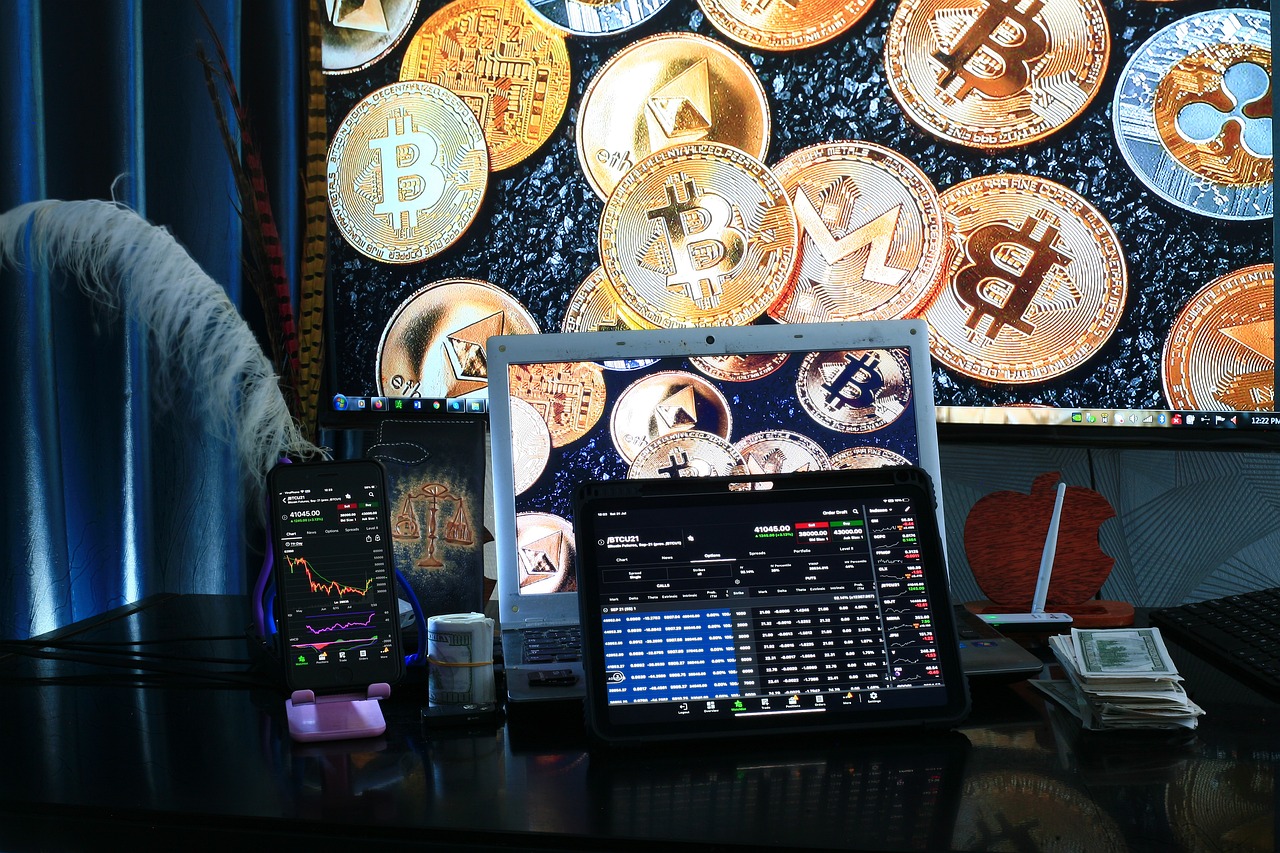Here is Which Cryptocurrencies Should You Avoid This Week
08.07.2024 8:30 1 min. read Alexander Stefanov
Three cryptocurrencies are set to release over $170 million in tokens this week, posing potential risks for traders with significant exposure.
These unlocks could flood the market, creating heightened selling pressure and triggering substantial price fluctuations.
According to data from TokenUnlocks, upcoming seven-day cliff unlocks total $186.32 million, with three major protocols releasing $173.02 million, comprising 93% of the total.
The projects scheduled for token unlocks within the next seven days include Aptos (APT), Xai (XAI), ImmutableX (IMX), Ethena (ENA), io.net (IO), dYdX (DYDX), Moonbeam (GLMR), 1inch (1INCH), and Forta (FORT).
Aptos (APT), a Web3 and decentralized finance (DeFi) platform developed by former Meta Platforms engineers, will unlock 11.31 million APT tokens worth $66.16 million on July 12. This represents a significant monthly inflation of approximately 2.5% of its total supply, impacting purchasing power.
Xai (XAI) will unlock 198.4 million tokens worth $65 million on July 9, substantially increasing its market supply and potentially impacting market dynamics. ImmutableX (IMX) follows with a $41.24 million unlock on July 12, aimed at supporting ecosystem and project development.
Traders are advised to cautiously navigate these events, as they could heighten market volatility and pose risks to trading strategies, necessitating careful risk management strategies to mitigate potential downsides.
-
1
This Week in Crypto: Whale Accumulation, Ethereum Signals, and a Sentiment Shake-Up
05.07.2025 21:00 3 min. read -
2
Pepe Price Prediction: One-Month Trend Line Resistance Breakout Could Push PEPE to $0.000015
04.07.2025 18:41 3 min. read -
3
Bonk Price Prediction: Binance.US Mention Triggers 9% Jump – Can BONK Reach $1?
07.07.2025 16:29 3 min. read -
4
Top 10 Trending Cryptocurrencies Today, According to CoinGecko
04.07.2025 15:31 3 min. read -
5
How Much Profit Would you Make if you Invested $3,000 in Shiba Inu One Year Ago?
09.07.2025 22:00 2 min. read
Crypto’s Top Narratives in Focus, According to AI
A fresh breakdown from CoinMarketCap’s AI-powered narrative tracker reveals the four most influential crypto trends currently shaping the market: BTCFi & DePIN, U.S. regulatory breakthroughs, AI agent economies, and real-world asset (RWA) tokenization.
Top Trending Cryptos Right Now, According to CoinMarketCap
CoinMarketCap’s evolving momentum algorithm—powered by social, price, and news signals—has flagged three standout cryptocurrencies driving narrative and capital flows this week: OKZOO, Tagger, and Tezos.
Top 7 Crypto Project Updates This Week
The crypto industry saw major advancements this past week across DeFi, NFT, Layer 2, and AI-powered platforms.
U.S. Ethereum ETFs See $402 Million Net Inflow Led by BlackRock’s ETHA
On July 18, Ethereum ETFs in the U.S. recorded a combined net inflow of $402.5 million, signaling strong institutional demand even as some funds saw outflows.
-
1
This Week in Crypto: Whale Accumulation, Ethereum Signals, and a Sentiment Shake-Up
05.07.2025 21:00 3 min. read -
2
Pepe Price Prediction: One-Month Trend Line Resistance Breakout Could Push PEPE to $0.000015
04.07.2025 18:41 3 min. read -
3
Bonk Price Prediction: Binance.US Mention Triggers 9% Jump – Can BONK Reach $1?
07.07.2025 16:29 3 min. read -
4
Top 10 Trending Cryptocurrencies Today, According to CoinGecko
04.07.2025 15:31 3 min. read -
5
How Much Profit Would you Make if you Invested $3,000 in Shiba Inu One Year Ago?
09.07.2025 22:00 2 min. read


